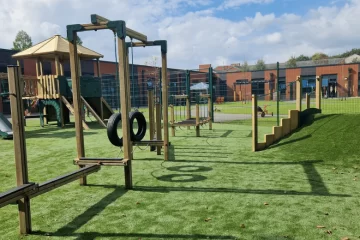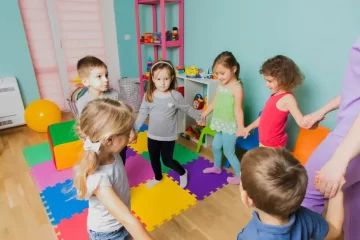10 ways to be a more reflective educator

Reflective practice allows educators to take a step back, reflect, and learn from the everyday situations when working with children. Reflection is about not only examining what happened but also why. Although some people may find it difficult and time-consuming, this is an important part in continuing skills development. It allows you to improve your approach and develop policies that will help children receive the best possible care.
These are 10 strategies that will help you to become a reflective educator.
Set a regular
Reflective practice requires a commitment. It doesn’t take much time. Even a few minutes can be enough. But, try to include it in your team’s daily schedule. You can choose a quieter time, like after the children go home or during rest time. Each staff member should bring a reflection from the day. Service leaders can also use the opportunity to reflect on the team’s situations.
Make sure everyone hears
Some members of your team may find it difficult and might be reluctant to share their opinions in a group setting. Everyone must participate in the process to get the best ideas and perspectives. This includes not only the louder members of the team. You need to create a safe environment for people to voice their opinions, ask questions, share ideas, and raise concerns about the service and its practices.
Identify issues
Please pay attention to situations, regardless of whether they are routine activities like morning drop-offs or group activities. Ask yourself, “What is the situation?” What are your colleagues doing? What are their responses to the event? Note the stages of the event: before, during, and after.
Listen
Listen to both your children and yourself about what happened. What are you both not saying? What’s the sound like in the room?
View it from different perspectives
What would you say about what just happened? How would it differ from how your parent, manager, or child describe it. How would you react if the person was from another culture? Consider how you would react if you were the parent or child in this situation.
Review
Reflect on the events. Think about the time it occurred, who was affected and who wasn’t. It is important to be honest about your feelings and consider its impact on your team, your children, and your parents.
Look ahead
What were your learnings from the event? What would you do differently next time? Do you have any other information? You can take action and prepare for similar situations in the future if you feel it is necessary.
Ask hard questions
Do not be afraid to reflect on service policies and procedures. Be aware that these issues may require you to expand the circle to include families, educators, and management.
An outside view
When you are very close to the situation, it can be not easy to see clearly. Please talk about the problem with your team members to get their opinions and advice. It would help if you also looked beyond your centre. Ask trusted colleagues what they think about the issue and search for new theories and innovations.
Could you write it down?
Take note of the key points and ideas you derived from your group and personal reflections. This will help you to organise your thoughts and keep you accountable. It also shows your commitment for learning and improvement. You may be able later to share this information with others in your leadership role to explain your thinking and the reasons behind any policy changes.












